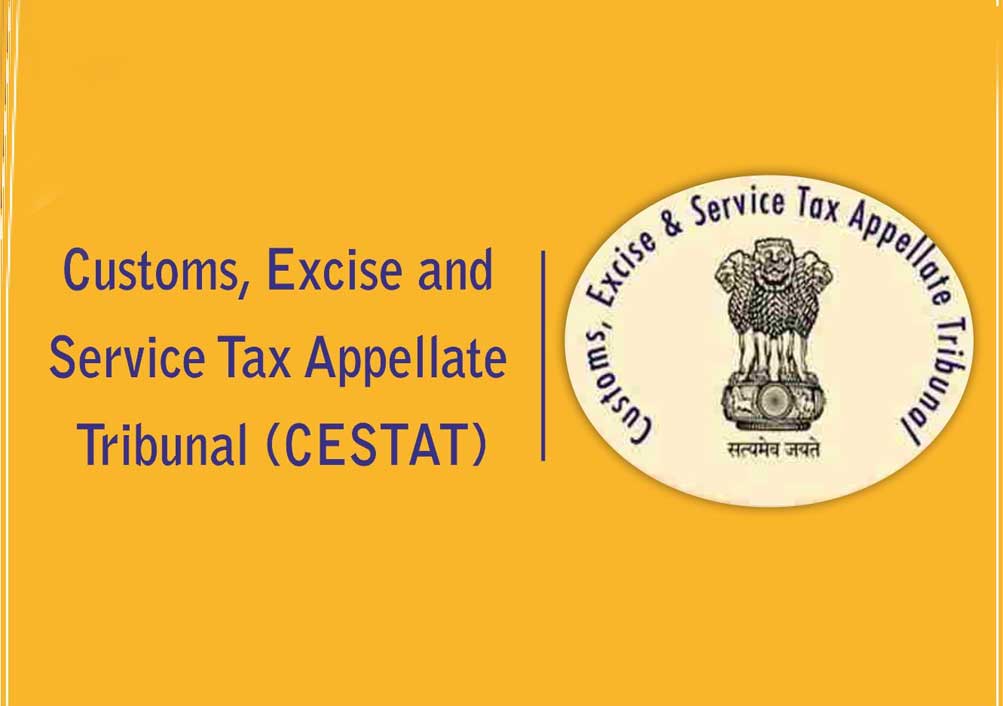In Service Tax Appeal No.79714 of 2018 -CESTAT- Extended limitation period cannot be invoked if previous Show Cause Notice issued on same subject-matter, rules CESTAT (Kolkata)
Members P.K. Choudhary (Judicial) & K. Anpazhakan (Technical) [08-06-2023]

Read Order: M.K. Enterprises v. Commissioner of CGST & CX, Patna-II Commissionerate
Chahat Varma
New Delhi, June 12, 2023: The Kolkata bench of the Customs, Excise and Service Tax Appellate Tribunal has ruled that the extended period of limitation cannot be invoked by the Department if they had previously issued a show cause notice on the same subject-matter. In such cases, it cannot be argued that there was willful suppression or mis-statement, and therefore, the extended period of limitation cannot be invoked.
Brief issue involved in the said case was that M.K. Enterprises (appellant) was engaged in providing services to Indian Oil Corporation Ltd (IOCL). A show cause notice was issued to the appellant, demanding payment of service tax on the entire value received from IOCL. The department also invoked the extended period of limitation, alleging the appellant of suppressing facts. The Adjudicating authority was of the view that since the appellant had suppressed the information from the department by way of non- filing of ST 3 returns, extended period was invocable in the present case.
The coram of P.K. Choudhary (Judicial) and K. Anpazhakan (Technical) referred to the judgment of Nizam Sugar Factory Vs. Collector of Central Excise [LQ/SC/2006/356], wherein the Supreme Court had held that if the relevant facts were already known to the authorities when the first show cause notice was issued, the same facts cannot be considered as suppression of facts by the assessee when issuing a subsequent show cause notice on the same issue.
The bench also referred to the case of Commissioner of Central Excise and Customs Vs. Mahindra & Mahindra Ltd. [LQ/BomHC/2018/166], where the High Court of Bombay held that subsequent show cause notices issued for a later period, seeking to recover amounts beyond the normal period of limitation, were barred by limitation. The court reasoned that the suppression of facts had been detected prior to the exhaustion of the normal period of limitation, and the Revenue should have been vigilant and not negligent in issuing the show cause notices.
The bench held that the Department had not alleged that there was any change in the nature of services provided by the appellant. Therefore, it cannot be argued that the appellant suppressed facts when the first show cause notice was issued, invoking the extended period of limitation.
The bench held, “the impugned Order-in-Original arising against the said Show Cause Notice which is issued by the Department for a subsequent period by invoking the extended period of limitation is unsustainable and is liable to be quashed on this ground itself and we order accordingly. However, the Appellant is liable to pay the late fee for filing of ST-3, if not already paid.”
Sign up for our weekly newsletter to stay up to date on our product, events featured blog, special offer and all of the exciting things that take place here at Legitquest.




Add a Comment